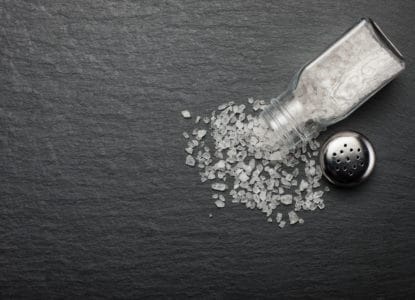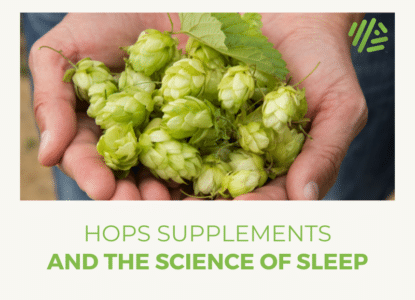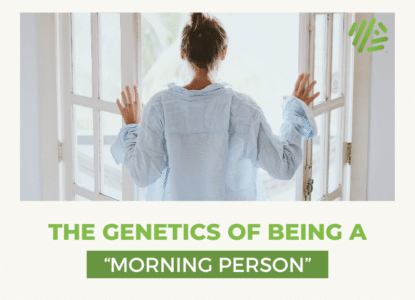Caffeine Benefits vs. Side Effects: Should You Drink Less Caffeine?
Genes Mentioned

Contents
Caffeine health benefits
There are plenty of health benefits associated with drinking caffeine, or at least the beverages you may be drinking that contain caffeine.May protect the brain as we age
In addition to caffeine, coffee contains caffeic and cholrogenic acid, both of which are potent antioxidants. The mechanism is unclear, but studies have associated coffee and caffeine consumption with lower levels of diabetes, Parkinson’s and Alzheimer’s disease. 1 2 However, there is evidence that it’s not the caffeine that drives these health benefits, but the antioxidants in the tea and coffee. For example, this study found that telomere length was actually decreased in those who regularly consumed caffeine, but increased in those who consumed coffee. (R) Wondering what in the world is a telomere? Aaron did an excellent write up a few months back titled: Can telomeres predict lifespan? For a little more technical breakdown of telomere genetics, check out the TERT gene page.Caffeine side effects
The “most widely consumed drug in Western society,” caffeine is absorbed quickly into our system. In fact, 99% of ingested caffeine is absorbed and distributed to all tissues and organs. 1 So, bottom line, unlike curcumin, which isn’t readily absorbed, caffeine packs a punch. We all know that caffeine before bed is a no-no, but even caffeine ingested 6 hours before sleep — those afternoon coffee pick-me-ups, for example — have been found to have significant effects on sleep, presumably because caffeine blocks adenosine receptors. 2 Caffeine increases levels of cortisol, the stress hormone. Cortisol regulates energy balance, and those who consistently drink caffeine have reduced response to the good effect of cortisol. (R) Caffeine also can make you need to pee, so people with overactive bladder should avoid or be cautious consuming it. (R)Your caffeine source matters
Point is that not all caffeine sources are created equal. What you’re ingesting with the caffeine matters greatly. For example, soda is basically liquid sugar, and even diet soda containing aspartame has been linked to adverse side effects (including being potentially carcinogenic). (R) Energy drinks, too, have led to hundreds of thousands of emergency room visits, with symptoms including feeling shaky or jittery, insomnia, palpitations, GI upset, headache, chest pain, and even seizures. (R) Higher levels of caffeine intake of any kind may raise serum cholesterol and lead to heart health problems. We already know that pregnant women shouldn’t drink caffeine, but fertile women who drink more than 500 mg of caffeine per day may have a more difficult time getting pregnant due to increased oxidative stress. (R) Similarly, in certain VDR genotypes, caffeine consumption in women was linked to a greater risk for osteoporosis. For more on that, see: VDR genotypes, caffeine and bone density.Caffeine content by popular beverages
If you are caffeine-sensitive or trying to cut back, many types of tea will perk you up — though one of the strongest cups of tea can have half the caffeine as a mega-strong 8-ounce cup of coffee from Starbucks, which clocks in at 180 mg, one of the most highly caffeinated cups out there. (R) Actual caffeine content in tea or coffee can vary based on cultivation, preparation, and brewing time, so some really strong green teas may have more caffeine than black tea. But usually, coffee is the winner, here. (R) Let’s take a look at a few popular drinks and how their caffeine count breaks down in milligrams, in addition to the health benefits of caffeine, potential side effects and risks, and how to lower your caffeine intake.Caffeine comparison
| Beverage type | Caffeine per cup (8 oz) |
|---|---|
| Coffee (brewed) | 95-165 mg |
| Energy drink | 27-164 mg |
| Black tea (brewed) | 25-48 mg |
| Cola | 24-46 mg |
| Green tea (brewed) | 25-29 mg |
| Decaf coffee (brewed) | 2-5 mg |




Can you recommend a brand of Magnesium?